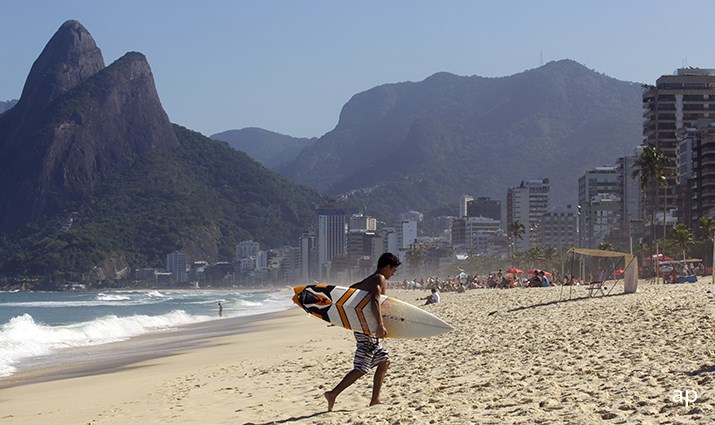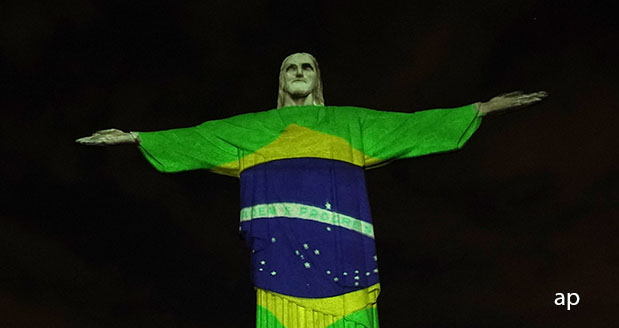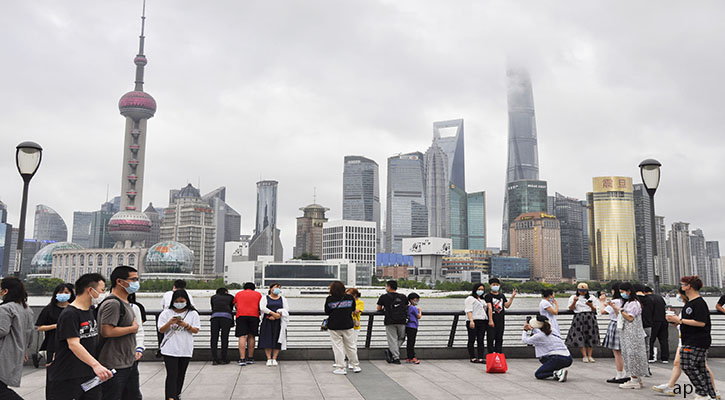
Political turmoil tends to weigh heavily on emerging market sentiment and that’s particularly true in Latin America, where crises and scandals create economic instability across the region all too frequently.
Investors will be taking a keen interest in Brazil’s election, where left-leaning former president Luiz Inacio Lula da Silva just pipped incumbent Jair Bolsonaro to take control of the country. De Silva won 50.9% of the votes in an election he was expected to lose, taking 60.3 million votes over Bolsonaro’s 58.2 million.
De Silva was president from 2003 to 2010, a period of strong returns for overseas investors in the country, but was imprisoned for fraud in 2018 and spent more than a year in jail before his conviction was annulled.
Will the change of power from right to left mean a complete shift of economic emphasis? Not necessarily, experts say. Thomas Haugaard, portfolio manager in the emerging market debt hard currency team at Janus Henderson, says the markets perceive Lula as safer this time because of tighter governance constraints from Brazil’s National Congress.
"The market expectation is that Lula will be pragmatic and take a more centrist approach given the slim margin of victory," adds Omotunde Lawal, head of emerging market corporate debt at Barings.
"The hope is that he can repeat the success of this first time in the office when he again had the commodities tailwind."
As the Brazilian stock market opened on Monday, the benchmark Bovespa was up more than 1%.
Global money managers are generally anxious when EM countries lurch to the left, but Lula is a known quantity and has promised to bring in an era of global co-operation in his election speech. Still, there has been political violence and unrest in the run-up to the election.
Brazil has for years confounded investor expectations of high returns to accompany the country’s economic growth. As a commodity producer it’s tied to the fortunes of the mining and oil sectors, as well as China’s boom and bust cycle. Currency concerns also trouble overseas investors, particularly with the US dollar so strong this year – 10 years ago the dollar bought you 2 Brazilian Real and now that’s surged to 5.30.
If you’re looking to up your exposure to Brazil, there are several funds to choose from. The fund with the largest allocation to Brazilian equities is Liontrust Latin America, which has invested two thirds of its assets in the country, and 10% alone in mining giant Vale (VALE). This strategy has worked out this year – the year-to-date return is the second highest of any fund with significant Brazil exposure.
In the top five funds by exposure, we find one fund with an analyst rating: Abrdn Latin American Equity. With a return of 25.05% it’s not just the best performer among Brazil funds, but the best-performing Morningstar-rated fund available to UK investors this year. About 60% of its assets are Brazil-based and Bank Bradesco (BBD) is its biggest holding.
Useful Links
We wrote about emerging markets investors frustrations this year and also analysed some key trends for LatAm.
Resources Giants
Some of Brazil’s biggest companies include oil and gas giant Petrobras (PBR), which has a 3-star rating from Morningstar. The aforementioned Vale, the world’s largest producer of iron ore, also has a 3-star rating.
After years at the bottom of the performance tables, Brazil looked to be making a comeback this year (and topped the fund tables in March) with the surge in commodity prices but that’s eased off as investors have started to fear a global recession and China slowdown.
Still, in dollar terms, the Morningstar Brazil index is up 15% this year, much better than US benchmarks, and that compares with a loss of 17% last year. In the last ten years, 2016 was the standout year for the Brazil index with a gain of 66%, but that followed a fall of 41% the previous year.
Brazil makes up 5.67% of the MSCI Emerging Markets index, which is down 27.16% because of its heavy weighting towards underperforming China.
In terms of economics, Brazilian interest rates are 13.75% after the Central Bank of Brazil’s latest rate setting meeting. But, unlike in the US, UK and Europe, inflation is running below interest rates at 7.17% in September.





























